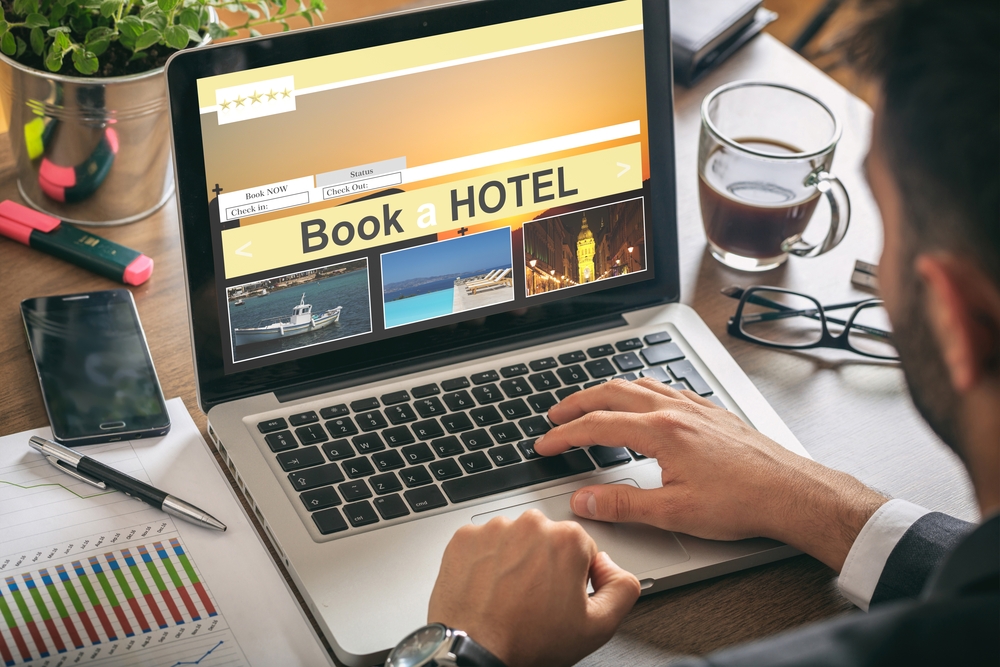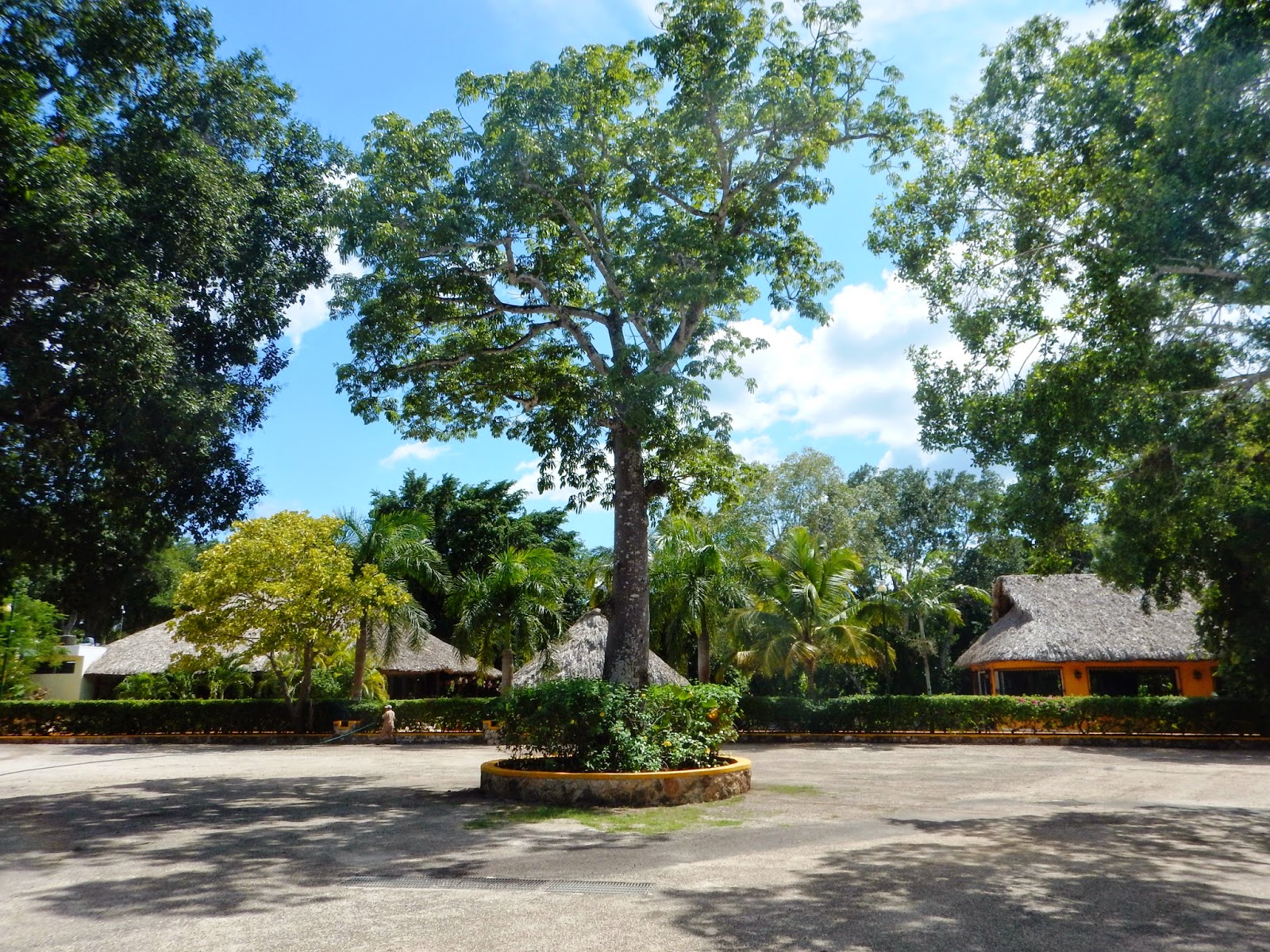
Essential Checklist for Studying Abroad
Embarking on an adventure to a new land is a thrilling endeavor that opens doors to unparalleled experiences and personal growth. For those eager to immerse themselves in diverse cultures and educational systems, careful planning is crucial. This journey not only enriches knowledge but also fosters valuable connections that transcend borders.
As you contemplate this transformative experience, it is vital to consider various aspects that will facilitate a smooth transition into a fresh environment. From academic requirements to personal necessities, being well-equipped can make a significant difference in how one navigates the complexities of living and learning in another country.
In the following sections, we will outline key components that should be on your radar as you prepare for this exciting chapter of your life. By addressing these important elements, you can ensure a successful and fulfilling experience away from home while embracing everything the new surroundings have to offer.
Preparing Documents for Study Abroad
Organizing necessary paperwork is a fundamental step when planning to study in another country. This process ensures that you meet all legal and institutional requirements, allowing for a smoother transition into your new academic environment. Attention to detail in this phase will help avoid any last-minute hiccups that could jeopardize your experience.
1. Passport and Visa: Ensure your passport is valid for at least six months beyond your intended stay. Research the requirements for obtaining a visa specific to your destination, as regulations vary widely. Gathering these documents early can alleviate stress as your departure date approaches.
2. Admission Letters: Keep copies of acceptance letters from your educational institution. These documents often serve as proof of enrollment and may be required during your visa application process.
3. Financial Statements: Prepare documentation demonstrating your financial capability to support yourself while studying. This may include bank statements or sponsorship letters. Financial proof is often a requirement for visa applications to ensure you can cover tuition and living expenses.
4. Academic Transcripts: Obtain official transcripts from your previous educational institutions. These records are crucial for course equivalencies and meeting any prerequisites. Ensure they are translated into the language required by your host institution if necessary.
5. Health Insurance: Research and secure appropriate health coverage. Many governments mandate international coverage for the duration of your stay. Keep a copy of your insurance policy and any medical records that may be requested by your university.
Being well-organized and proactive in preparing these documents is key to experiencing a hassle-free journey. Take the time to double-check everything before your departure to ensure that your academic adventure starts on the right foot.
Understanding Visa Requirements and Process
Navigating the intricacies of immigration documentation is a crucial step when considering relocation to another country for educational purposes. Each nation has its unique regulations and stipulations that govern the entry of individuals from abroad. A firm grasp of these prerequisites can significantly ease the transition and ensure compliance with all legal obligations.
Types of Visa Categories
Before initiating the application process, it is vital to familiarize yourself with the various visa categories available. Generally, the options include student visas, temporary resident permits, and exchange visitor programs, each designed to cater to specific circumstances. Understanding which classification aligns with your situation will streamline the journey ahead.
The Application Process
The application process typically involves several stages, including gathering necessary documentation, filling out application forms, and scheduling an interview at a designated consulate or embassy. It is important to double-check the specific requirements of your target country, as they can vary significantly. Pay attention to deadlines, as timely submission of documents is often a prerequisite for approval.
Moreover, ensuring that all required documents, such as proof of enrollment, financial stability, and identity verification, are prepared in advance will help mitigate potential delays. Remaining organized and proactive throughout this phase can pave the way for a smoother experience.
Essential Health and Travel Insurance Tips
When planning a journey to a foreign country, taking care of your well-being and safety should be a top priority. Securing adequate health coverage can help you manage unexpected medical expenses, providing peace of mind during your time away from home. It is important to understand the various options available and to choose a plan that best suits your needs.
Here are some key considerations to keep in mind when selecting health and travel insurance:
|
Tip |
Description |
|---|---|
|
Evaluate Your Needs |
Assess your health status, planned activities, and the healthcare system of your destination to determine the level of coverage required. |
|
Read the Policy Carefully |
Ensure you understand what is included in the insurance plan, such as coverage limits, exclusions, and deductibles. |
|
Check Emergency Services |
Confirm that the policy provides emergency assistance and covers medical evacuation if necessary. |
|
Consider Trip Interruption Coverage |
Look for policies that reimburse you for non-refundable expenses if your journey is interrupted due to unforeseen events. |
|
Keep Documentation Handy |
Always carry your insurance card, policy details, and contact information for the insurance provider while traveling. |
Protecting your health and well-being is crucial, and having the right plan in place can ensure a more enjoyable and worry-free experience in your new environment.
Accommodation Options for International Students
Choosing a place to live when relocating to a new country can significantly impact an individual’s experience. Various types of lodging are available, each offering distinct advantages and challenges. Understanding the different choices can help individuals find a suitable environment that meets their needs and preferences.
On-Campus Housing
Living on campus often provides the convenience of proximity to classes and other facilities. This option allows one to immerse themselves in university life and easily connect with peers. Typically, accommodations include shared rooms or apartments, providing an excellent opportunity for social engagement. However, it is important to consider the potential constraints regarding privacy and space.
Off-Campus Accommodations
Leasing a private apartment or room off-campus can offer more independence and flexibility. This choice allows for a personalized living environment, catering to individual tastes and needs. Furthermore, off-campus living often comes with the added benefit of exploring the local culture and community. However, it requires additional planning regarding transportation and may involve a longer commuting time.
Cultural Preparation and Language Skills
When venturing into new territories, understanding the local customs and enhancing communication abilities are vital steps. Embracing the differences in lifestyle, traditions, and social norms can significantly enrich the experience of living in a foreign environment. Likewise, acquiring proficiency in the language spoken in the host nation facilitates smoother interactions and deeper connections with the community.
Researching the cultural nuances of your destination can provide insights into appropriate behavior, etiquette, and even cuisine. Engaging with the local culture beforehand, through literature, documentaries, or online resources, can foster a sense of familiarity. Additionally, participating in cultural events or connecting with individuals from that region can help bridge any gaps.
Language acquisition not only aids in day-to-day communication but also opens doors to a more immersive experience. Utilizing language applications, attending classes, or finding conversation partners can greatly enhance one’s linguistic abilities. Consider dedicating time each day to practice, even if just a few phrases, to build confidence and ease in speaking.
Combining cultural understanding with language skills lays a solid foundation for thriving in a new environment. Being proactive in both aspects will ensure a more fulfilling and enriched journey.
Budgeting for Life in a New Country
Adjusting to a different environment encompasses various aspects, with financial planning being one of the most crucial. Developing a robust financial strategy will not only ease your transition but also empower you to make informed decisions throughout your journey. It is vital to approach this task with a clear understanding of your income, expenses, and overall financial goals.
Understanding Expenses
Begin by identifying the primary costs you will encounter. Essentials such as accommodation, utilities, groceries, and transportation should take precedence. Additionally, factor in academic fees, personal care items, and leisure activities to create a comprehensive overview of your potential expenditures.
Income Sources
Next, consider your income streams. This may include savings, part-time employment, or financial support from family. Having a realistic grasp of the funds available will significantly impact your financial decisions and lifestyle choices.
Creating a Budget
Once you’ve outlined your income and expenses, it’s time to formulate a budget. Use tools or apps that can help track your spending, categorize transactions, and compare them against your budget. This process will enable you to identify areas where adjustments may be necessary, fostering better financial habits.
Contingency Planning
Life is unpredictable, and having a financial cushion can provide peace of mind. Allocate a portion of your budget for unforeseen expenses, ensuring you’re not caught off guard by emergencies or unexpected necessities.
Cultural Considerations
Lastly, be aware of the cultural context of spending and saving in your new locale. Costs may vary dramatically based on local customs and economic conditions. Engaging with locals and seeking advice can provide insights into the most effective ways to manage your finances while integrating into a new societal framework.
Questions and answers: Study abroad checklist
What are the main documents I need to prepare before studying abroad?
Before studying abroad, it’s crucial to have all the necessary documents in order. Primarily, you should prepare your passport, which should be valid for at least six months beyond your intended stay. Additionally, ensure you have your admission letter from the university, a student visa, and proof of financial means to support yourself during your studies. It’s also wise to have copies of important documents, like health insurance, transcripts, and any immunization records. Keeping both physical and digital copies can help you avoid setbacks in case of loss.
How can I find accommodation when studying abroad?
Finding accommodation is an essential part of preparing for your study abroad experience. Start by checking the university’s housing options as many institutions offer student housing or can assist you in finding nearby apartments. Websites like Airbnb, HousingAnywhere, or local real estate platforms can also be useful. Additionally, consider joining forums or social media groups for your destination; fellow students often share leads on available places. Remember to read reviews and, if possible, visit or have a virtual tour of the accommodation before making a decision to avoid scams.
What should I pack for my study abroad experience?
Packing for your study abroad experience can be daunting, but being organized makes it easier. Start by checking the climate of your destination to pack appropriate clothing. Essential items include everyday wear, formal clothes for presentations or events, and seasonal gear such as jackets or swimwear. Don’t forget to include important personal items like toiletries, a first-aid kit, and any prescription medications. Additionally, consider packing essential electronics like your laptop or a power bank, and adaptors if your devices need them. It’s also a good idea to leave some space in your luggage for souvenirs and items you may acquire while abroad.
What financial considerations should I keep in mind before studying abroad?
Financial planning is critical before embarking on your study abroad journey. Begin by budgeting for tuition and other academic fees, as well as daily living expenses such as rent, groceries, transportation, and entertainment. Research the cost of living in your destination to understand how far your budget will stretch. Additionally, check if your institution offers scholarships or financial aid to international students. Opening a local bank account may help manage your funds better, and don’t forget to notify your home bank about your travel to avoid any issues with using your debit or credit cards abroad.
How can I prepare for cultural adjustments while studying abroad?
Preparing for cultural adjustments is essential for a successful study abroad experience. Start by researching your host country’s culture, social norms, and everyday practices. Reading books, watching documentaries, or even connecting with locals through social media can provide valuable insights. It might also be helpful to learn a few basic phrases in the local language, which can foster goodwill and ease communication. Joining student organizations and participating in social events can also help you meet new people and adapt more quickly to your new environment. Remember, it’s natural to face challenges; being open-minded and positive will aid in your cultural adjustment process.
What should I include in my study abroad checklist before leaving for my destination?
Creating a comprehensive study abroad checklist is essential for ensuring a smooth transition to your new environment. Begin with documents such as your passport, visa, and admission letters. Additionally, gather any academic records or transcripts you may need for your university. Next, consider health-related items like insurance documents, vaccination records, and a small first-aid kit. Don’t forget to pack necessary academic supplies, clothing suitable for the climate, and personal items like toiletries. Lastly, it’s advisable to check with your host university for any specific requirements or recommendations they may have, which can vary widely depending on your destination.
How can I prepare financially for my study abroad experience?
Financial preparation is a crucial component of studying abroad. Start by researching the cost of living in your destination city, including accommodation, food, transportation, and leisure activities. Create a budget that outlines your expected expenses against your available funds. It’s also a good idea to open a local bank account if possible to facilitate transactions and avoid high foreign transaction fees. Look into scholarships or grants offered by your university or external organizations to help cover costs. Lastly, familiarize yourself with currency exchange rates and consider carrying a small amount of local currency for immediate expenses upon arrival, such as transportation and meals.
What are the essential items I should include in my study abroad packing list to ensure a smooth semester abroad?
For a smooth semester abroad, make sure to include essentials like your travel documents, student health insurance, a portable charger, and a first aid kit in your study abroad packing list. Don’t forget to pack enough prescription medications, a reusable water bottle, and comfortable walking shoes. Depending on your study abroad destination, you’ll also want to bring an adapter or converter for your electronics. Packing well in advance and following a study abroad packing guide will help you stay organized and ensure you don’t leave anything important behind.
How should I pack my suitcase and carry-on for a study abroad program to balance convenience and necessity?
When packing your suitcase and carry-on for a study abroad program, focus on balancing convenience with necessity. Use packing hacks like rolling your clothes to save space and keeping heavier items at the bottom of your suitcase. In your carry-on, pack important travel documents, a change of clothes, toiletries, and any items you need to access quickly, like your debit card or portable charger. It’s always a good idea to bring reusable items, such as a water bottle and shopping bag, which can come in handy during your time abroad. Additionally, consider the way you dress in your host country and pack accordingly.
What items should I avoid packing when preparing to study abroad, and why?
When preparing to study abroad, avoid packing items that you probably won’t need, like bulky school supplies, excessive toiletries, or a curling iron that takes up too much space. Many study abroad students find that certain items, such as flip flops or extra pairs of shoes, can be purchased in the host country if needed. Don’t pack anything that’s too valuable, as lost or stolen items may be hard to replace. It’s also advisable to leave behind anything that might not be allowed in your host country, so research and plan your ultimate study abroad packing list carefully to avoid unnecessary complications.








